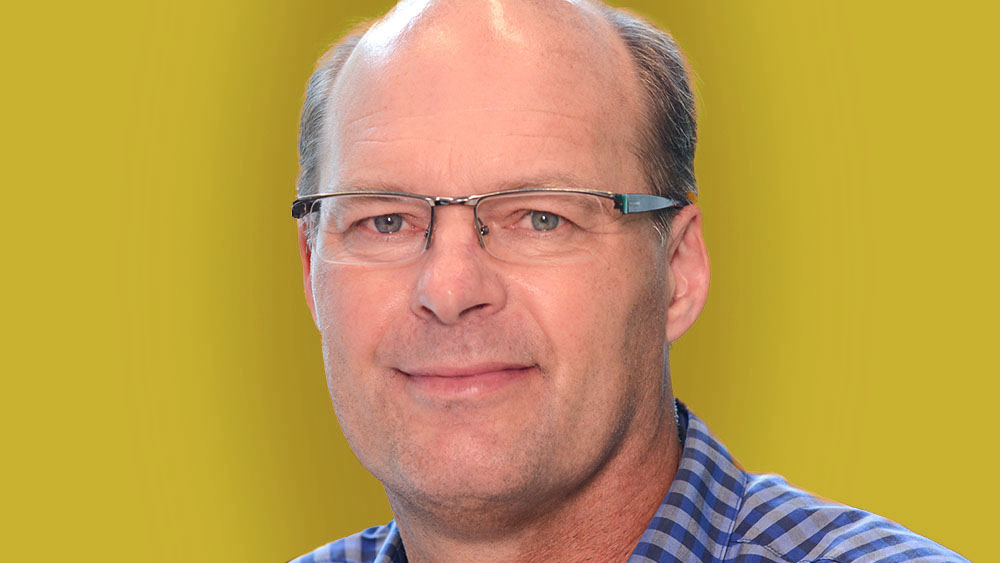Your cart is currently empty!

Formulating a national strategy shouldn’t be an open house – invite the expert
They’re reasonably objective and typically don’t have anything to gain or lose financially. So why aren’t academics more often involved in putting together policy blueprints, wonders Martijn Heck.
Last month, the Dutch Ministry of Defense published its Strategy for Industry and Innovation. I’ve worked for many years in the US on Darpa-funded research projects, so naturally I was interested to see what areas they selected. Integrated photonics is a hot topic for American (and Chinese and Russian!) defense organizations. Since the Netherlands has prioritized integrated photonics in our National Technology Strategy, I was expecting it to be included in the strategy. Unfortunately, that wasn’t the case.
Normally, I wouldn’t be too bothered about that. Not all strategies need to have a maximum interdependence. That wouldn’t even be healthy. However, about a year ago, I read a report written by a national defense think tank, which mentioned that “quantum technology is important for Dutch defense, photonics is not.” Well, people are entitled to their own opinion, but quantum technology happens to be critically dependent on photonics. Without integrated photonics, there will be no quantum computer, no quantum communication and therefore no industrial quantum ecosystem. In this case, I can assert without reservation that our national think tank was simply wrong – or wrongly advised.
In a way, they can’t be blamed. The problem in a small country like the Netherlands – or a fragmented entity like the European Union – is that it’s often hard to find high-quality and independent advice. But still, especially in academia, experts are quite visible and available. However, I often get the feeling that organizations consider it a favor to me that I can give input, rather than that I do them a favor by providing information.
It’s my distinct impression that not enough is being done to track down relevant people who can consult. Of course, there are national and European workshops and roundtables to gain opinions from a broad range of stakeholders, and if a couple of experts happen to be on the mailing list and they happen to be available that day, they can actually make themselves heard. But that hardly seems to be the best way to formulate a solid strategy.
For example, I’m one of the few Dutch experts in integrated photonics. That’s an objective fact, since I’m one of the full professors in the only academic group in this country that solely focuses on integrated photonics. In the Netherlands, I’m in the top 0.0001 percent with respect to relevant expertise on this topic. And as professor, I’m taxpayer-funded and relatively unbiased. I’m literally paid to help society. In short, when it comes to integrated photonics, I’m a prime source for information.
In the Netherlands, however, it’s uncomfortable to say that out loud, though, as we have a Dutch version of the Law of Jante: you are not to think you’re special, or that you’re better than anyone else. When working in the US, I had the opposite experience. Expertise was people-centered and respected. Real synergy was sought, and well-informed agencies like Darpa encouraged and facilitated that. They also laid out the roadmaps for relevant research. In short, they enabled the experts to do what they can do best: research and the generation of new ideas and insights. Why? Probably because they care about the outcome.
We can only stay competitive if we can create, nourish and leverage real expertise. Deep tech is extremely hard and competitive, and – after the 800-billion-euro defense investment announcement by Europe – also at the core of national security. Europe should step away from the idea that everybody’s opinion counts and that all projects should be maximally inclusive with respect to a broad set of partners. Expertise is considered to be subjective. In politics and academia, you can get away with that: popularity ratings and citation metrics are not the real world. But if we need to rebuild a defense industry in Europe, we need actual results: we need our next-gen drones and missile shields to actually work – ideally better than our enemies’ gear.


